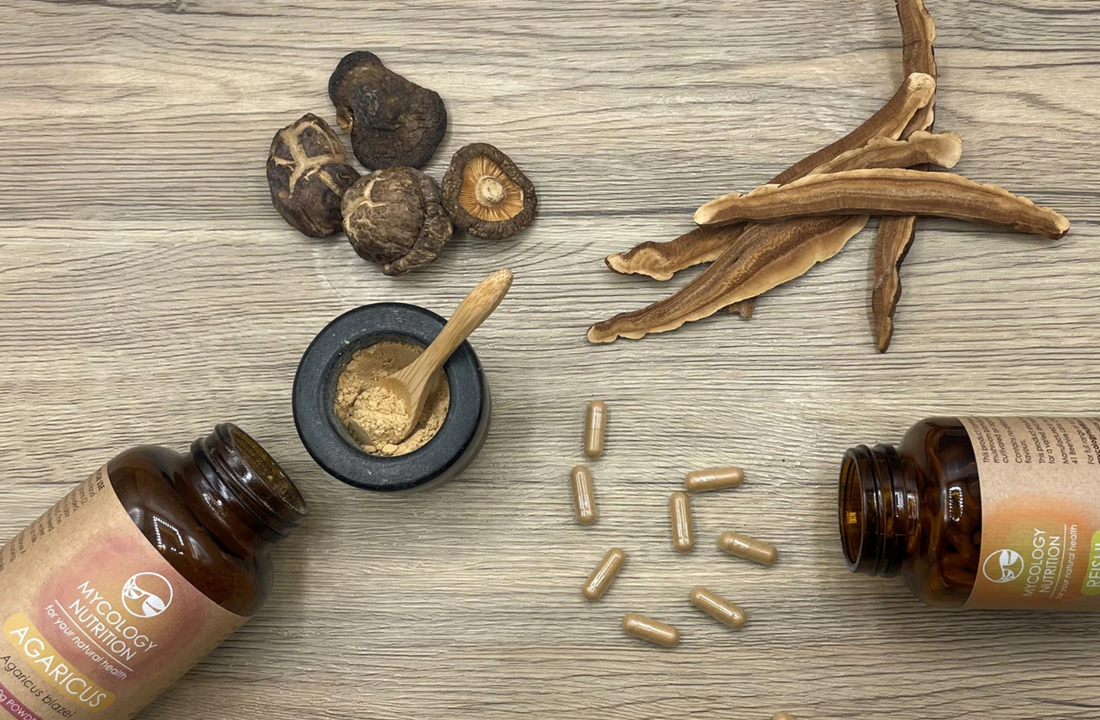Mushrooms are a rich source of essential nutrients, including vitamins, minerals, and antioxidants. They are low in calories and fat while providing a good amount of dietary fiber. Certain varieties, such as shiitake, maitake, and reishi, are particularly noted for their medicinal properties. These mushrooms contain bioactive compounds like beta-glucans, which have been shown to support immune function and may help reduce inflammation.
One of the fascinating aspects of nutritional mycology is the diverse range of phytochemicals found in mushrooms. These compounds can help combat oxidative stress and may play a role in preventing chronic diseases such as heart disease and cancer. For example, the presence of ergothioneine, a unique antioxidant found in mushrooms, has garnered attention for its potential health benefits. Research suggests that ergothioneine may help protect cells from damage and promote overall well-being.
Incorporating mushrooms into your diet is relatively easy and can enhance the flavor and nutrition of various dishes. One simple way to enjoy mushrooms is by adding them to stir-fries, soups, and salads. You can also experiment with mushroom-based sauces or gravies to elevate your meals. For those looking to increase their intake of medicinal mushrooms, consider exploring mushroom powders or supplements, which can be conveniently added to smoothies or health drinks.

When selecting mushrooms, it is essential to choose fresh, high-quality varieties. Look for firm, plump mushrooms with a pleasant aroma. Avoid any that appear slimy or discolored. If you are foraging for wild mushrooms, ensure that you are knowledgeable about the species you are collecting, as some can be toxic.
In addition to their nutritional benefits, mushrooms are also environmentally friendly. They require less water and land compared to traditional crops, making them a sustainable food source. By incorporating more mushrooms into your diet, you can contribute to a more sustainable food system while reaping the numerous health benefits they offer.
As research in nutritional mycology continues to expand, we are likely to discover even more about the potential health benefits of fungi. Whether you are a seasoned mushroom lover or new to this versatile food group, exploring the world of nutritional mycology can open up new avenues for enhancing your diet and overall health. Embrace the unique flavors and health benefits of mushrooms, and consider making them a regular part of your culinary repertoire.

